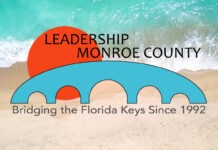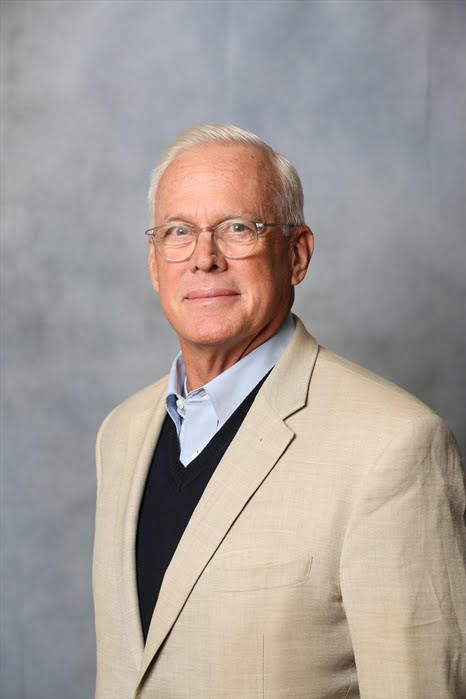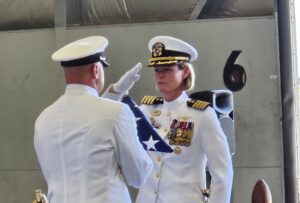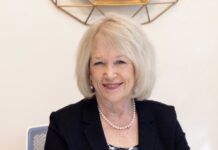Monroe County School officials spent part of the April 14 meeting discussing financial implications of the COVID-19 crisis and measures they aim to take.
So far, Superintendent Mark Porter said, the district has implemented a hiring freeze that will extend through June for the current 2019-20 fiscal year. Any hirings beyond that will be part of the budget conversation for the 2020-21 fiscal year, which begins in July.
“I think it will generate a small amount of savings … not an overly significant amount of savings,” Porter said.
No district out-of-county travel will be happening in April or May. On the utility side, Porter said officials are working with the maintenance department to identify buildings that can go on an energy-saving or unoccupied mode. Porter also said he anticipates fuel savings with reduced transportation, and that he will allow all buildings and departments to carry 100% of their discretionary balances to the next fiscal year.
“We typically allow them to only carry a portion of their fund balances. You see a bit of a spending spree in June as they tend to stock up for the coming year. We would rather save that money for now,” he said.
As for the upcoming 2020-21 fiscal year, Porter said while the Florida Legislature has approved a budget, it still hasn’t reached the governor’s desk. And that’s significant, he said, in that placement of the budget on his desk will trigger a 15-day veto or approval process. Porter acknowledged that process is in “limbo.”
“The more likely alternative, from information I received, is that we’re probably headed to a special session of the Florida Legislature, most likely in June,” he said. “I would anticipate we would see some changes from the previously approved budget. That puts us in a pretty tight timeline between (getting) that information on our revenue side and the (school district) budget approval process when it starts in late July.”
Porter said the district will look at creating a balanced scenario, as well as 5% and 10% reductions from legislatively-approved budgets. He said an April 28 workshop will go over board members’ priorities in terms of where they’d like to see budget adjustments.
John Dick, who was on the board during the 2008 recession, said the district is doing the right thing by preparing different budget scenarios. While he doesn’t want to see any layoffs, he said there could be across-the-board salary reductions either this year or next.
“I want us to reduce as much as we can right now without any harm to anybody, but we have to see what the state’s going to come up with,” he said. “There will be some reduction; how much it will be, you can’t say.”
Dick added that he doesn’t want to see bus drivers and food service workers get a cut, as the savings that would bring would not be as much.
Voters overwhelmingly approved renewal of the flexible funding referendum in March, which allows the district to transfer money from the capital fund to the fund that covers school operating costs, such as salaries and other classroom expenses. Without that approval, Porter said the district would “be tremendously worse.”
“We’ll comb through positions to see if we can pay for salaries out of the capital fund that legitimately and legally qualify,” he said.
James Drake, executive director of finance and performance, said sales tax collections could be 50 percent of what the district normally obtains for the rest of the year. But he said the state’s economist won’t provide collection projections until mid- to late May.
“We might come in $3 million short of our estimate,” he said. “We’re in such a unique situation. We set aside $10 million every year in case we have a hurricane. We have a $6.3 million budget set aside for hurricane repairs. Typically at the end of the fiscal year we roll that budget into next year, so we have the ability to weather a short storm.”
With no tourists currently spending dollars, board member Andy Griffiths said, the sales tax collection reduction could be higher than 50 percent.
“If this 50 percent reduction continues into the next fiscal year, obviously we’re going to need to do something,” he said.






















